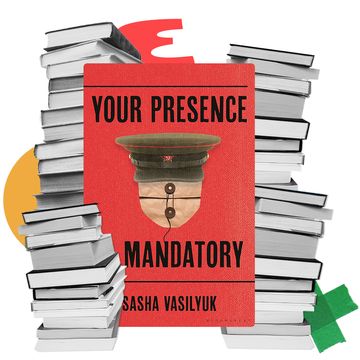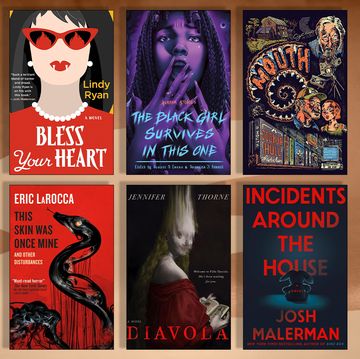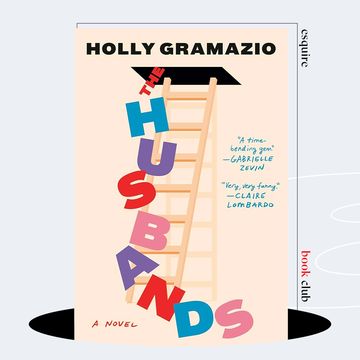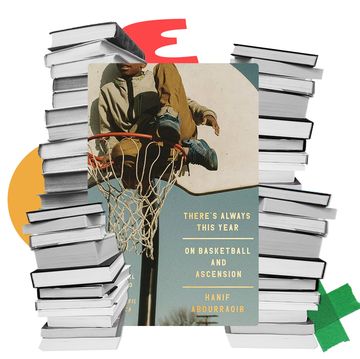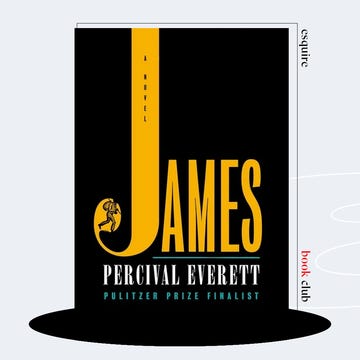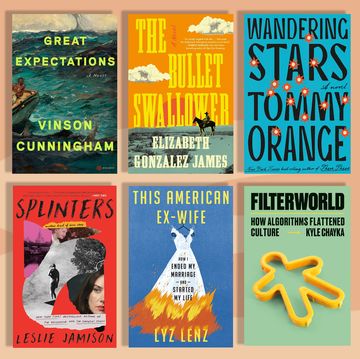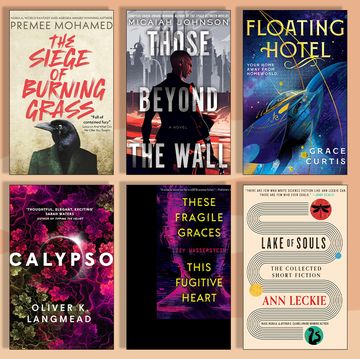Today is Shakespeare's 450th birthday, and lets face it, it's weird that we're still talking about him. The man wrote verse drama, as dead a genre as there is. He wrote four centuries ago, in a foreign country, in a language that is barely recognizable as our own. And yet he remains both the ultimate elite cultural hero — they make you read him in high school — and the most adapted writer in the history of Hollywood. He shows up where you least expect him and he is everywhere. He was on John Wilkes Booth's mind when he assassinated Lincoln. He was on Freud's mind when he created psychotherapy. He invented over a thousand words, and these are words you use all the time, like alligator and skim milk and advertising. (I wrote a book about all this incidentally if you want to read more.) Shakespeare, uniquely among English writers, has the crazy ability to seem contemporary at every historical period, including our own.
There has never been a time in American popular culture not jammed to the hilt with Shakespeare adaptations. Up until the sixties, the longest running show on Broadway was Othello starring Paul Robeson. Before the advent of film and television, Shakespeare productions dominated American theatre. In the Wild West, Shakespeare was almost unbelievably popular. One Boston acting family returned from a Shakespeare tour with the improbable sum of sixty thousand dollars in their pockets. They were the first of many money-hungry Shakespeareans who toured the gold rush. Cowboys and prospectors loved their Shakespeare.
Audiences still love him. Several of his plays are adapted every year. Which means that, for anyone who wants to see a performance of Shakespeare, there are dozens of superb options to choose from. There are classical versions put out by British actors, films like Kenneth Branagh's Henry V or Roman Polanski's Macbeth. The recent light-as-foam version of Much Ado About Nothing directed by Josh Wheddon was shot with his friends over the space of a couple days, and it is deliriously funny. Any and all of these films are brilliant and worth watching.
But there is another subset of Shakespearean adaptations which, to me, reveal his power more than the others, the ones that take on Shakespeare's work and really try to integrate it into the present, sometimes by taking on an elaborate aesthetic style or sometimes by altering the plot and even the language. My Own Private Idaho is Shakespeare's Henry IV with River Phoenix and Keanu Reeves as a couple of street hustlers, and it is as completely brilliant as it is unlikely. Claire Danes and Leonardo DiCaprio in a Miami oversaturated with color and sensuality made Romeo + Juliet Baz Luhrmann's best film to date.
Ethan Hawke in Hamlet.
Less well known, but even better than My Own Private Idaho or Romeo + Juliet, is Ethan Hawke's Hamlet from 2000. That film transposes Shakespeare's most complex and elusive play onto the emerging world of digital media. Somehow, it works perfectly. The ghost of Hamlet's father disappears into a Pepsi One Machine. When the prince reads the letter belonging to Rosencrantz and Guildenstern, he does it by stealing Guildenstern's Macbook. Even Hawke's history of overemoting as an actor--the pouting star of Reality Bites indulging his own sense of woundedness--plays into Hamlet perfectly, a character who varies between intense bouts of intelligence and maudlin self-obsession. A dark New York, torn between hyper-intelligent hipsters and cold corporate overlords, is perfectly fitting of its moment and of the play.
The synchronicity is sublimely perfect. Bill Murray plays Polonius, and it is one of the finest performances of his career. Bill Murray, it turns out, can really do Shakespeare. Murray's Polonius is a bedraggled single father, which was a completely original, completely successful choice. What could be more ancient, the character of the long-winded fool from a Shakespeare play, and more modern at the same moment, a single dad who's an executive with a wild son and a depressed daughter?
Ethan Hawke's Hamlet, better than any other adaptation, offers the best evidence of Shakespeare's continued vitality, that unique sense he provides that you're watching something that's been around forever but is perfectly of the moment you happen to be in. The man is four hundred and fifty years old. He's as alive as he's ever been.



